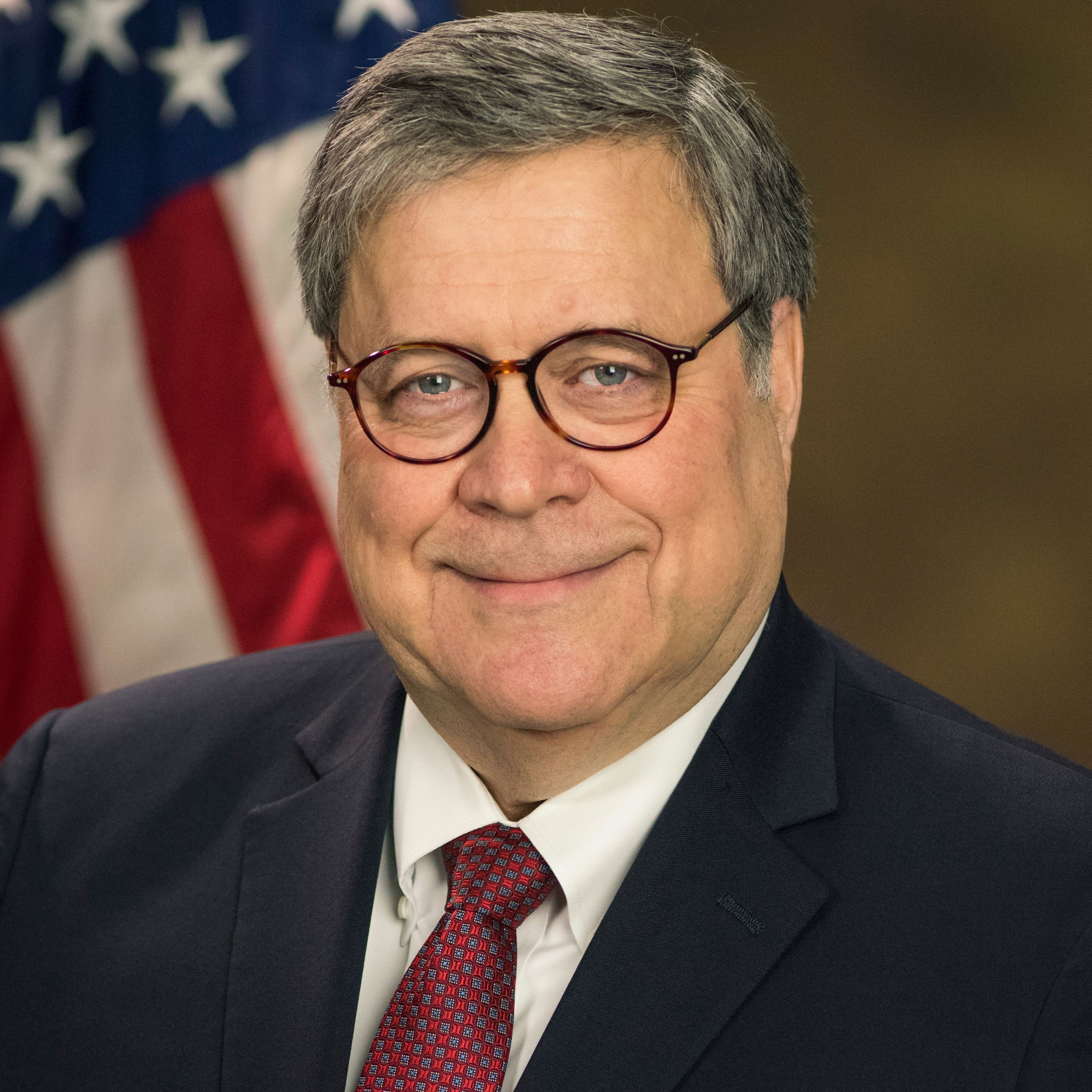AG Barr Hammers Apple in Terrorism Case Announcement
Suggests encryption delayed access to data that makes consumers safer
The smarter way to stay on top of broadcasting and cable industry. Sign up below
You are now subscribed
Your newsletter sign-up was successful
Attorney General Bill Barr made Apple's refusal to build government back-doors into information on its iPhone part of the lead of his announcement on the December shooting at the Pensacola Naval Air Station.
Barr said Apple's practice of warrantless encryption is "dangerous" and "unacceptable."

Related: Barr Says Warrant-Proof Encryption Aids Sexual Exploitation
Mohammed Saeed Alshamrani shot and killed three U.S. sailors. Barr and Justice had sought Apple's help in unlocking the phones, but Apple had designed the phones so that only the user could gain access, something Justice is not happy with.
Related: CCIA 'Disayed' at Barr Encryption Stand
Barr announced that there was a definite link between Alshamrani and Al Quaeda, which had been confirmed because after four months the FBI had unlocked his phones, but added a "no thanks to Apple" high in his announcement. DOJ had a warrant, but it took DOJ four months to crack the encryption Apple had built in to protect user privacy.
"Four months ago, I announced that this shooting was an act of terrorism," Barr said. "I also publicly asked Apple to help us access the locked contents of the two iPhones belonging to the deceased terrorist Mohammed Saeed Alshamrani. It was clear at that time that the phones were likely to contain valuable information. Indeed, Alshamrani attempted to destroy both phones, even going so far as to disengage from the gunfight long enough to fire a bullet into one.
The smarter way to stay on top of broadcasting and cable industry. Sign up below
"Within one day of the shootings, the FBI sought and obtained court orders, supported by probable cause, authorizing the FBI to search the contents of both phones as part of its investigation. The problem was that the phones were locked and the FBI did not have the passwords, so they needed help to get in. We asked Apple for assistance and so did the President. Unfortunately, Apple would not help us unlock the phones. Apple had deliberately designed them so that only the user — in this case, the terrorist — could gain access to their contents. "
Barr said that the information secured by the FBI had already proven "invaluable" in protecting Americans, sending the clear message that those lives could have been protected months sooner had Apple built in a back door.
Barr has long argued that law enforcement must have access to secure devices to be able to deter and solve crimes, and that technology has to be part of the solution.
The concern predates Barr or the Trump Administration. FBI Director James Comey expressed similar concerns over warrant-proof encryption.
Contributing editor John Eggerton has been an editor and/or writer on media regulation, legislation and policy for over four decades, including covering the FCC, FTC, Congress, the major media trade associations, and the federal courts. In addition to Multichannel News and Broadcasting + Cable, his work has appeared in Radio World, TV Technology, TV Fax, This Week in Consumer Electronics, Variety and the Encyclopedia Britannica.

